I’m often surprised by how little other people know about Portugal: a country that, though small, has so much to offer the world. It was therefore only a matter of time before I wrote this post: an ode to the best products made in Portugal. For brevity’s sake, I’ll focus on purely non-edible goods (don’t get me started on Portuguese food!) – I’ll leave that for another post!
Hats
Hats gained popularity in Portugal in the mid 18th century, thanks to the Marquis of Pombal, who instigated the opening of the fábrica da Gramela in 1759: the first factory to produce men’s hats for the most affluent society. Until that point, hatmaking and millinery had taken place abroad. The factory attracted master hatmakers and their apprentices from other countries, which equated to high quality products. Whilst the aim of opening the factory was to stimulate the local economy (eventually, in 1770, there was a ban on hats made abroad), the most long-lasting consequence was that of giving Portuguese people the expertise with which to produce hats nationally.
In the 20th century, the northern town of São João da Madeira leads the production of hats in Portugal. The current factory, FEPSA was born in 1969 out of the consolidation of six separate factories (Nicolau da Costa & Cia, Lda; Vieira Araújo & Cia, Lda; A.Henriques & Cia, Lda; Soares, Silva & Duartes, Lda; Pinho, Costa & Cia, Lda; and Franciso Leite Soares de Resende, Lda). Nowadays, FEPSA is one of the leading producers of felt hats worldwide. It’s rumored that Johnny Depp has a penchant for Portuguese hats and favors these above all others! In fact, the 80 or so hats you see Johnny Depp and Christian Bale wear in the movie Public Enemies are made in Portugal.


If you’re in Lisbon and looking for a hat, I highly recommend Chapelaria Azevedo Rua. It’s by going to a specialist store that you’ll find the most authentic, quality hats.
Soaps
My love for Portuguese soaps is not new on this blog, but it would be remiss of me to not include them on this list. Ach. Brito, the leading – and first – Portuguese soap company has its origins in 1887 when it was known as Claus & Schweder, after the two Germans who opened up a soap and perfume company in Porto. Due to the outbreak of WWI, the award-winning company was nationalized, and eventually, in 1924, incorporated into Ach. Brito, which had been founded by Achilles de Brito, a partner at Claus & Schweder. Nowadays, Ach. Brito owns three brands: Claus Porto, Ach. Brito, and Confiança. Confiança was founded in 1894 in Braga and was acquired by Ach. Brito in 2008. Their soaps are still hand-wrapped. What makes these brands so special are the fine ingredients used in the soap-making process, and their beautiful – often vintage-style – wrapping.
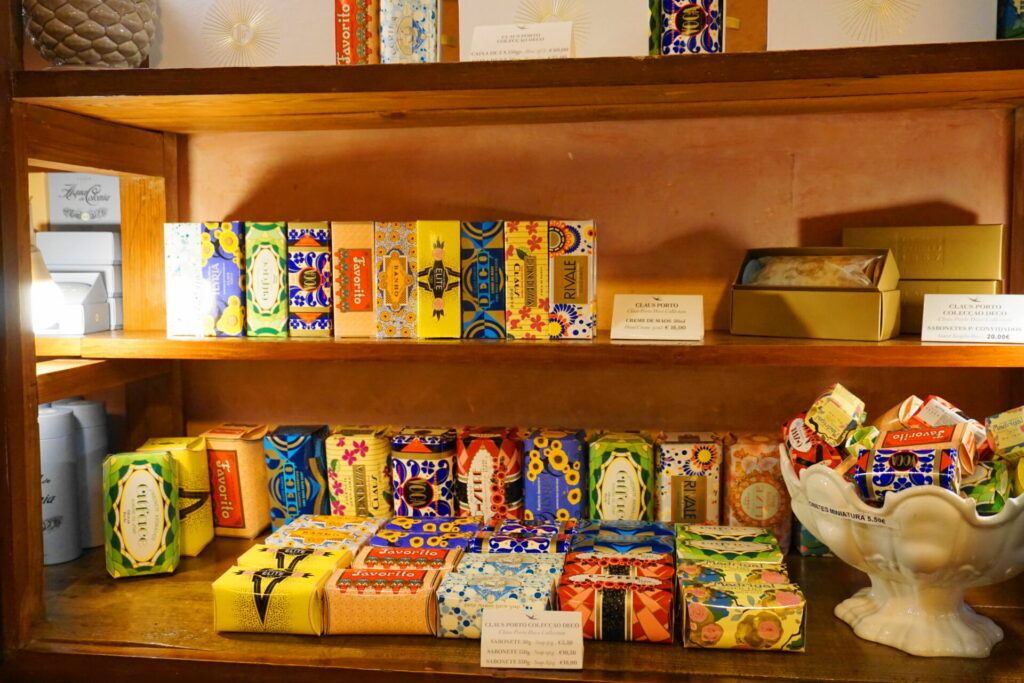
And whilst you don’t need to travel to Portugal to buy certain brands of Portuguese soaps (you just have to go to department stores or online), there is something special about going on vacation and bringing back these beautiful items for friends and family. In addition to these classic brands, you’ll find plenty of exciting modern brands, such as Castelbel and Real Saboaria, which will not disappoint.
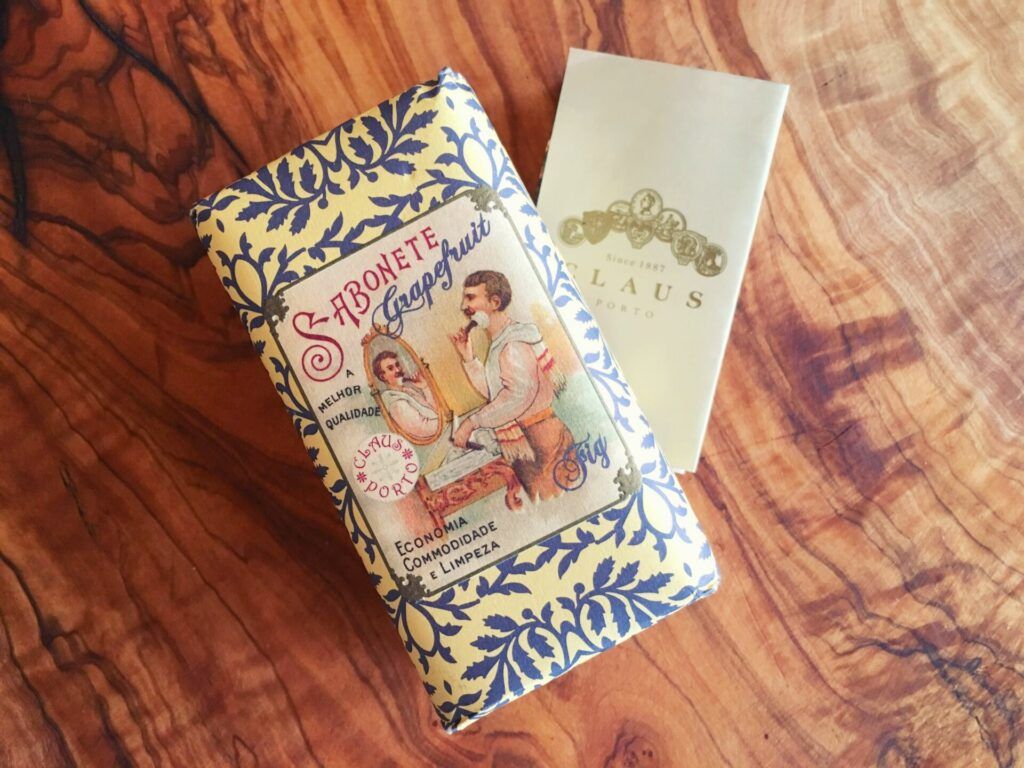
Shoes
Portuguese shoes are considered to be the second best shoes in the world (after Italian). Of course, Portuguese shoes are also more affordable and arguably offer the best bang for your buck. In 2017, Portugal exported nearly 2 billion pairs of shoes to 150 countries! Like the hats, this is another industry that is largely based out of São João da Madeira and neighboring Oliveira de Azeméis, both historically and in the present-day.
Brands such as Carlos Santos, Luís Onofre, and Josefinas have gained fans in higher end fashion, while more affordable brands such as Fly London, Cubanas, Mr. Undandy, and Mi-Môh appeal to others. Portuguese footwear brands are also differentiating themselves in ethical fashion. For example, Nae is an entirely vegan shoe brand. If you’re looking for fine quality and gorgeous designs that range from the classic to the avant-garde, look no further than shoes that are made in Portugal.
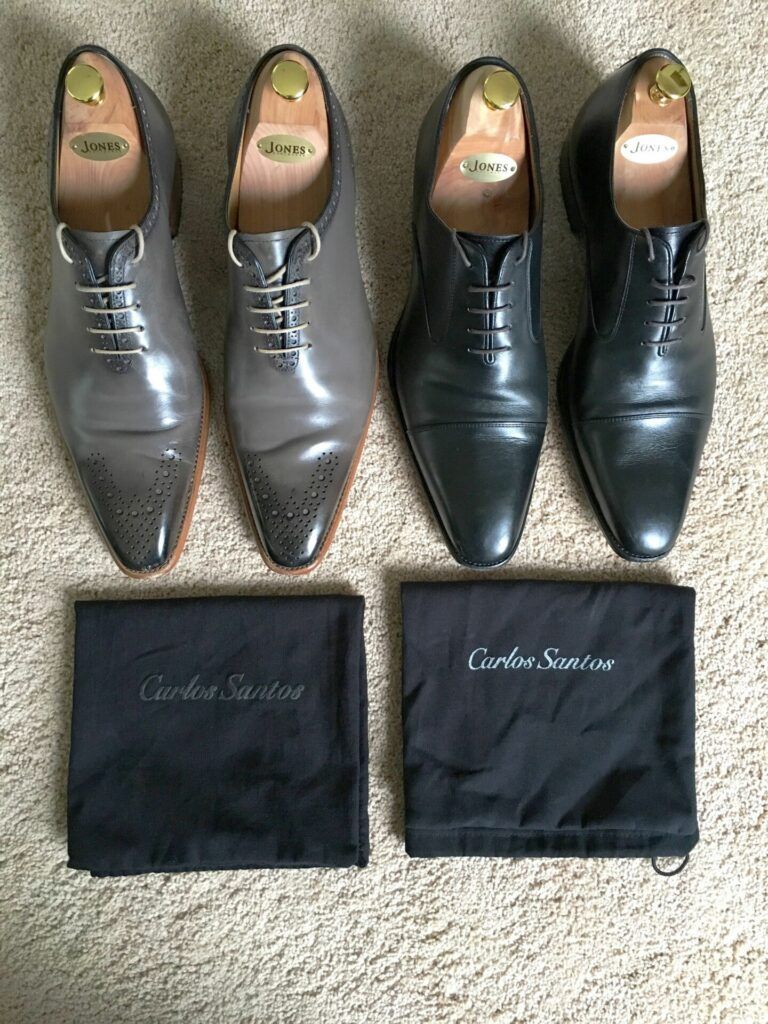
Tiles & Ceramics
Portugal is known throughout the world for its beautiful azulejo tiles, but did you know that its ceramics are just as pretty? If you’re interested in learning about the history of azulejos and seeing some prime examples, head to Lisbon’s Tile Museum.
Whilst pottery had been around since the Romans, Visigoths, Arabs, and Celts invaded the Iberian Peninsula, by the mid 17th century, you start seeing highly decorated and detailed earthenware in Portugal. Prior to the 20th century, the main producers of ceramics in Portugal were the Real Fábrica do Rato, Fábrica do Porto, Fábrica de Coimbra, Fábrica de Viana, Real Fábrica da Bica do Sapato, and Fábrica do Juncal.
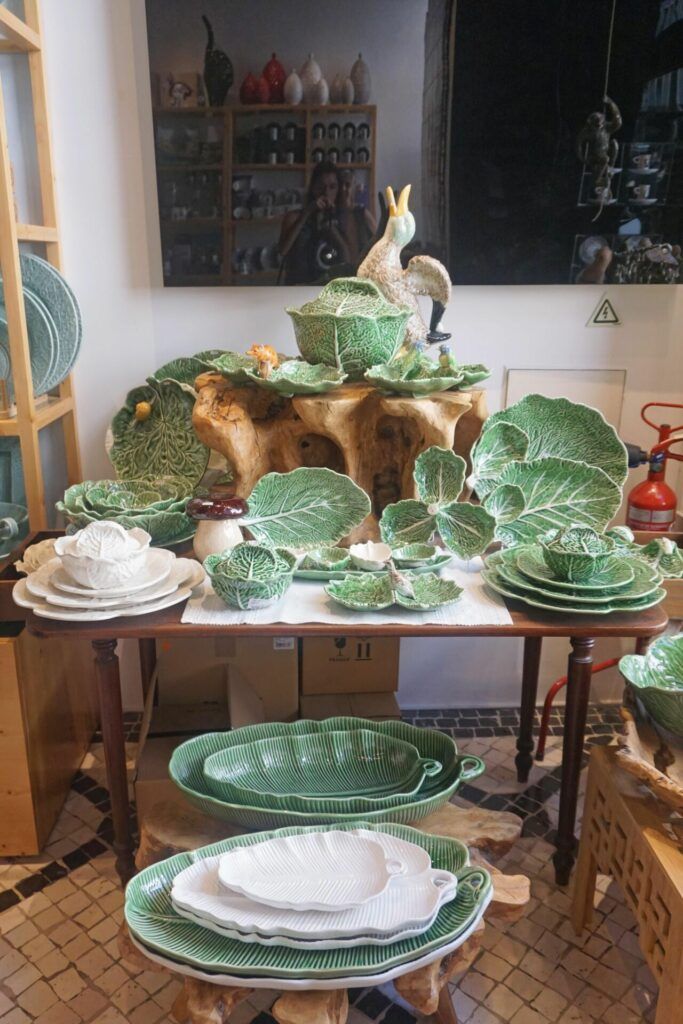
The Italian school of Faenza was so influential, that Portuguese ceramics are to this day called faianças. Nowadays, you’ll find faianças of all kinds throughout the country: from decorative home items to flatware. Certainly the most famous brand is Bordallo Pinheiro, whose vivid imagination and nature motifs have garnered fans across the globe. But naturally, it isn’t the only brand that successfully exports its products: I’m always pleasantly surprised when I buy a random, pretty vase in the US and see the words “Made in Portugal” written underneath. For fine porcelain, Vista Alegre is another global brand that’s made in Portugal. It creates beautiful flatware collections that are still hand-painted today!
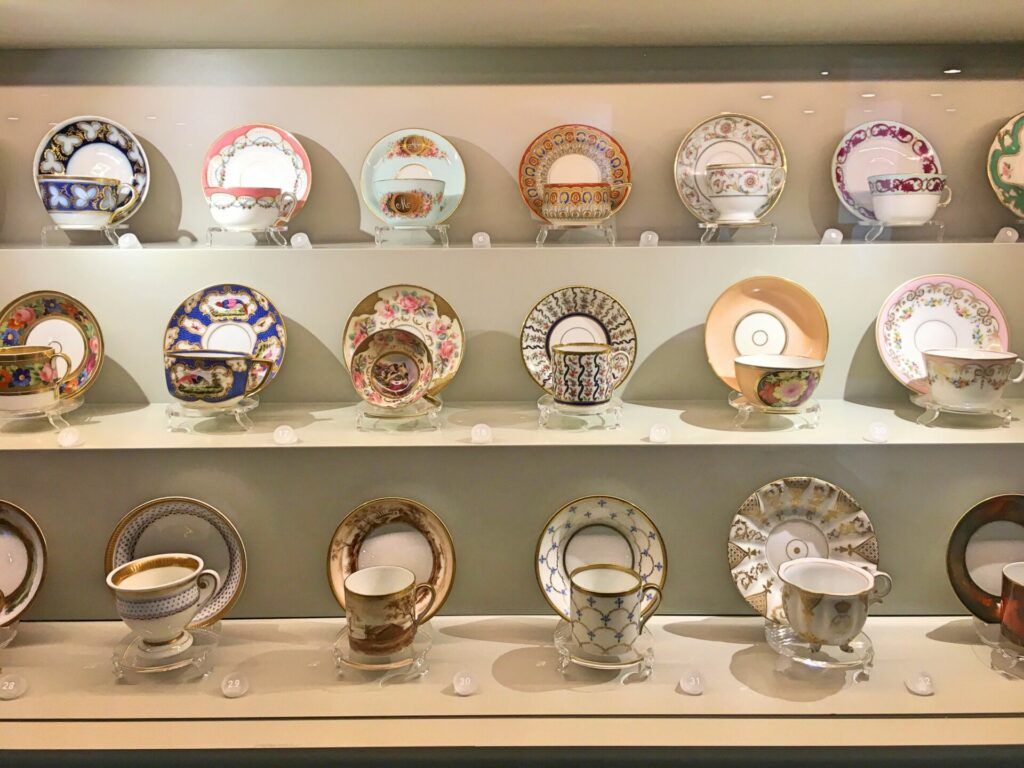
Very important note: If you’re interested in getting some azulejo tiles for your home, I recommend buying them from reputable sellers and not street fairs. More often than not, you’ll come across antique azulejos being sold at these that were actually stolen from people’s houses! The last thing you want to see on your trip are streets lined with houses whose tiles are missing, so please be sure to not contribute to the problem.
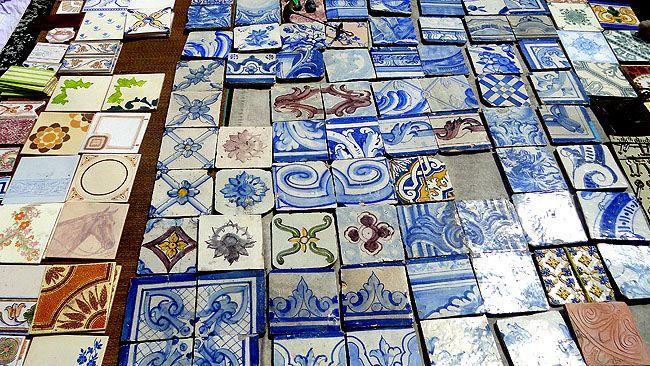
Cork
Approximately half of the world’s cork comes from Portugal. Its primary purpose – producing wine stoppers – remains to this day, cork is used on a wide variety of products. You’ll find cork in building insulation and flooring; baseballs, cricket balls and shuttlecocks; woodwind instruments; and buoys. Nowadays, cork is gaining popularity as an environmentally-friendly and cruelty-free/vegan alternative to leather. You’ll find plenty of brands making purses, shoes, wallets, belts, and even hats made from cork. The cork can be used in its natural color or dyed in various shades to obtain different looks.
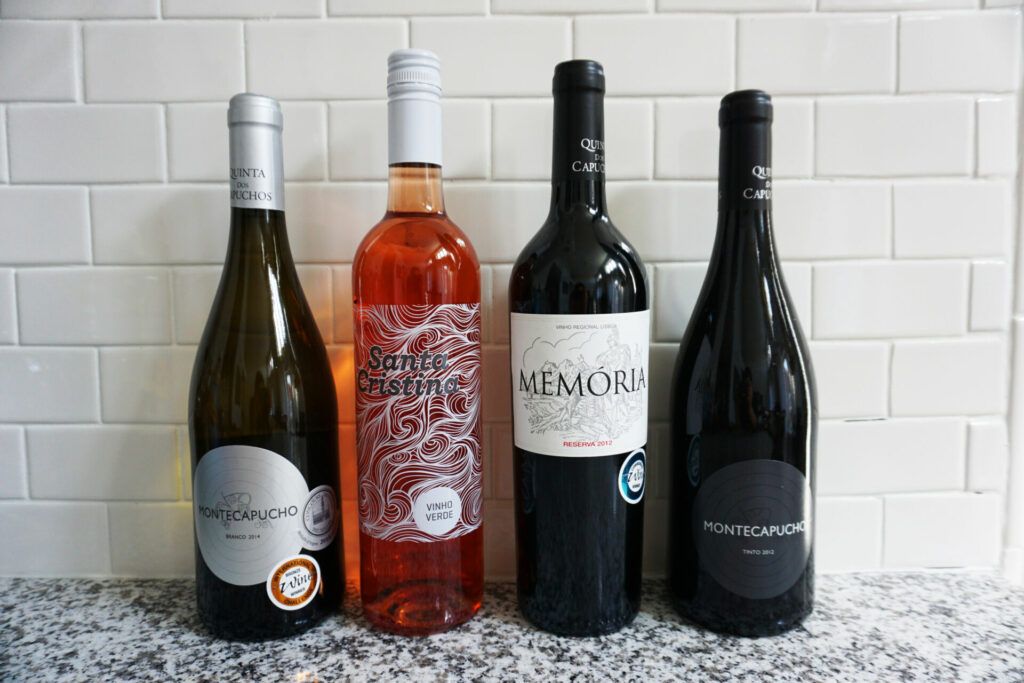
If you’re planning a trip to Portugal, you should take advantage of being right there to stock up on products the country is known for. Aside from having the most variety right at the source, prices will also be cheaper because you’re not paying for import duties, which you will be subjected to if you were to buy the same items abroad. Be sure to look for a label or marker saying Made in Portugal (or Fabricado em Portugal). If you can’t find it, ask the vendor.
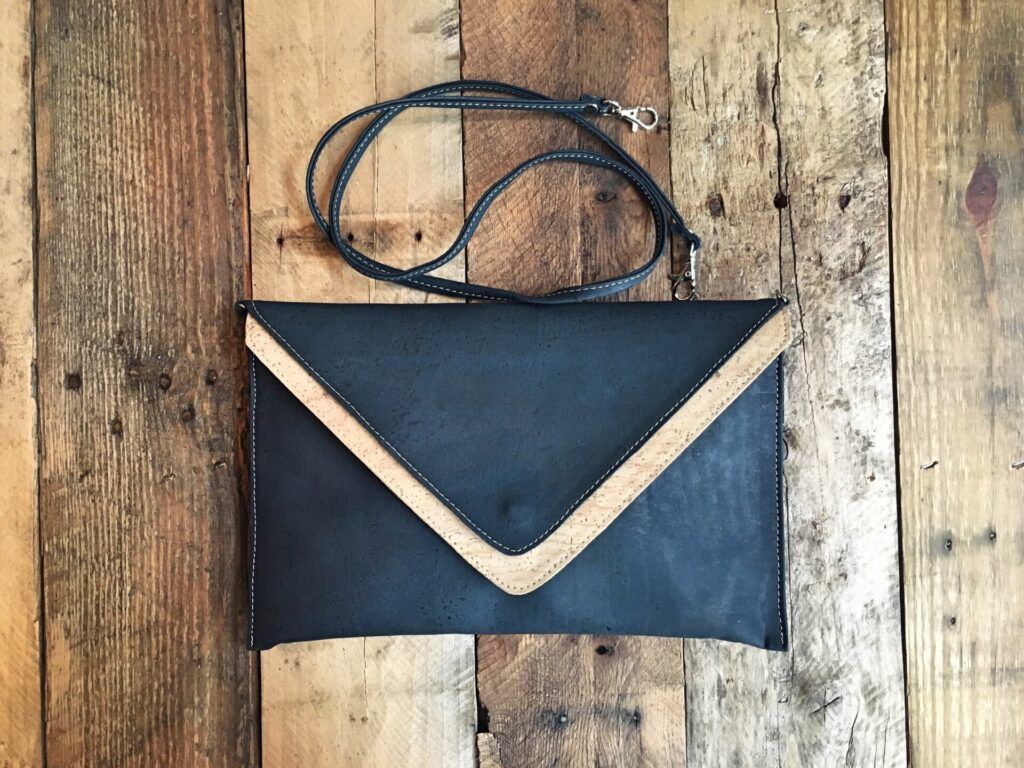
Cover photo c/o imdb.com.



Fantastic and informative post. I learned so much about the wonderful country I am so lucky to live in. Thank you Catarina x
So glad to hear it was informative too! Though not an exclusive list (I’m sure you know textiles/woolens are great too), it should hopefully provide inspiration for some lovely gifts!